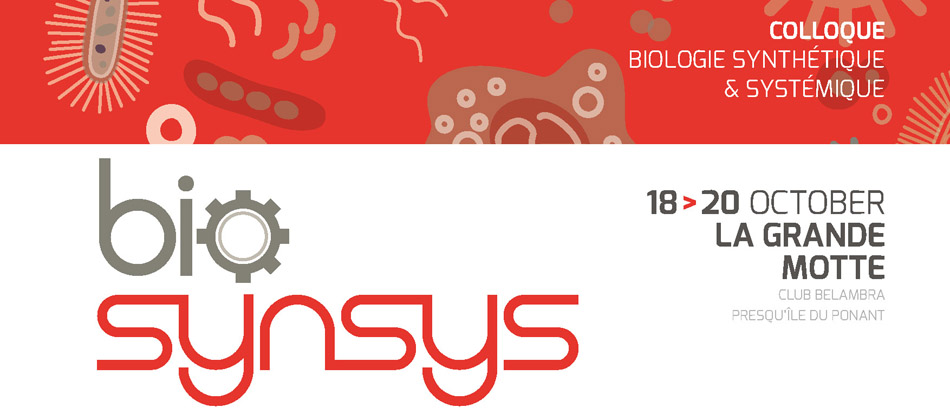A major goal of synthetic biology is to reprogram living organisms to solve pressing challenges in manufacturing, environmental remediation, or healthcare. While many types of genetic logic gates have been engineered, their scalability remains limited. Indeed, gate design remains largely a tedious process and relies either on human intuition or on brute-force computational methods.
Here, we present scalable composition frameworks for the systematic design of multicellular consortia performing recombinase-based Boolean or history-dependent logic and integrating an arbitrary number of inputs.
The theoretical designs for both Boolean and history-dependent logic are based on reduced sets of computational modules implemented into specific cellular subpopulations which can then be combined in various manners to implement all logic functions. Due to their scalability and composability, we anticipate that the design strategies presented here will help researchers and engineers to reprogram cellular behavior for various applications in a streamlined manner.
We provide an online tool for automated design of DNA architectures allowing the implementation of multicellular N-inputs logic functions at: http://synbio.cbs.cnrs.fr/calin.

 PDF version
PDF version
